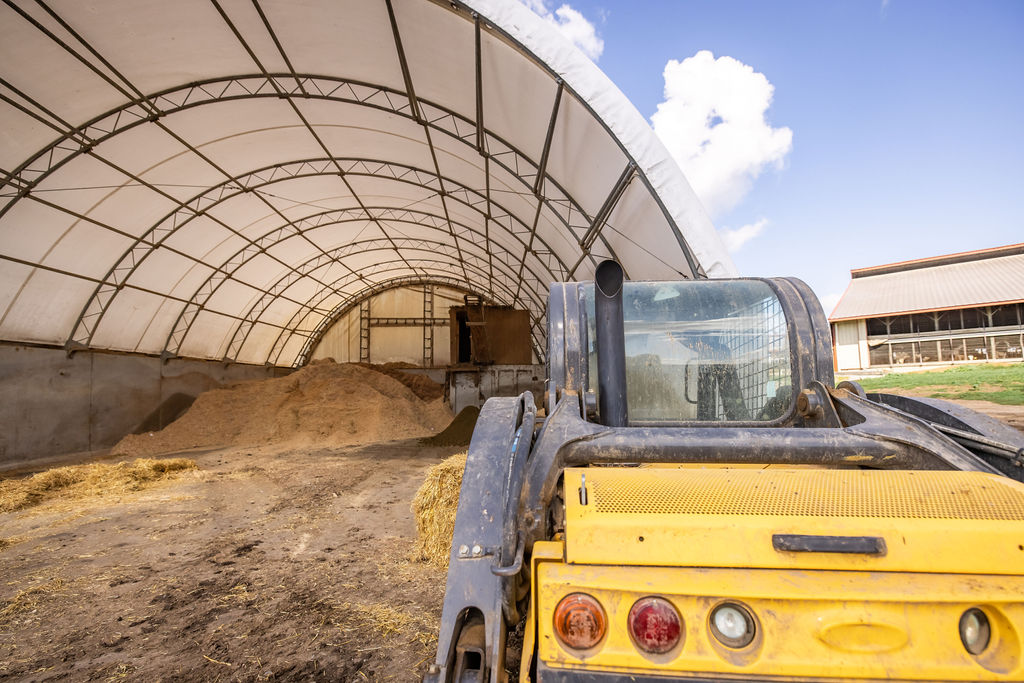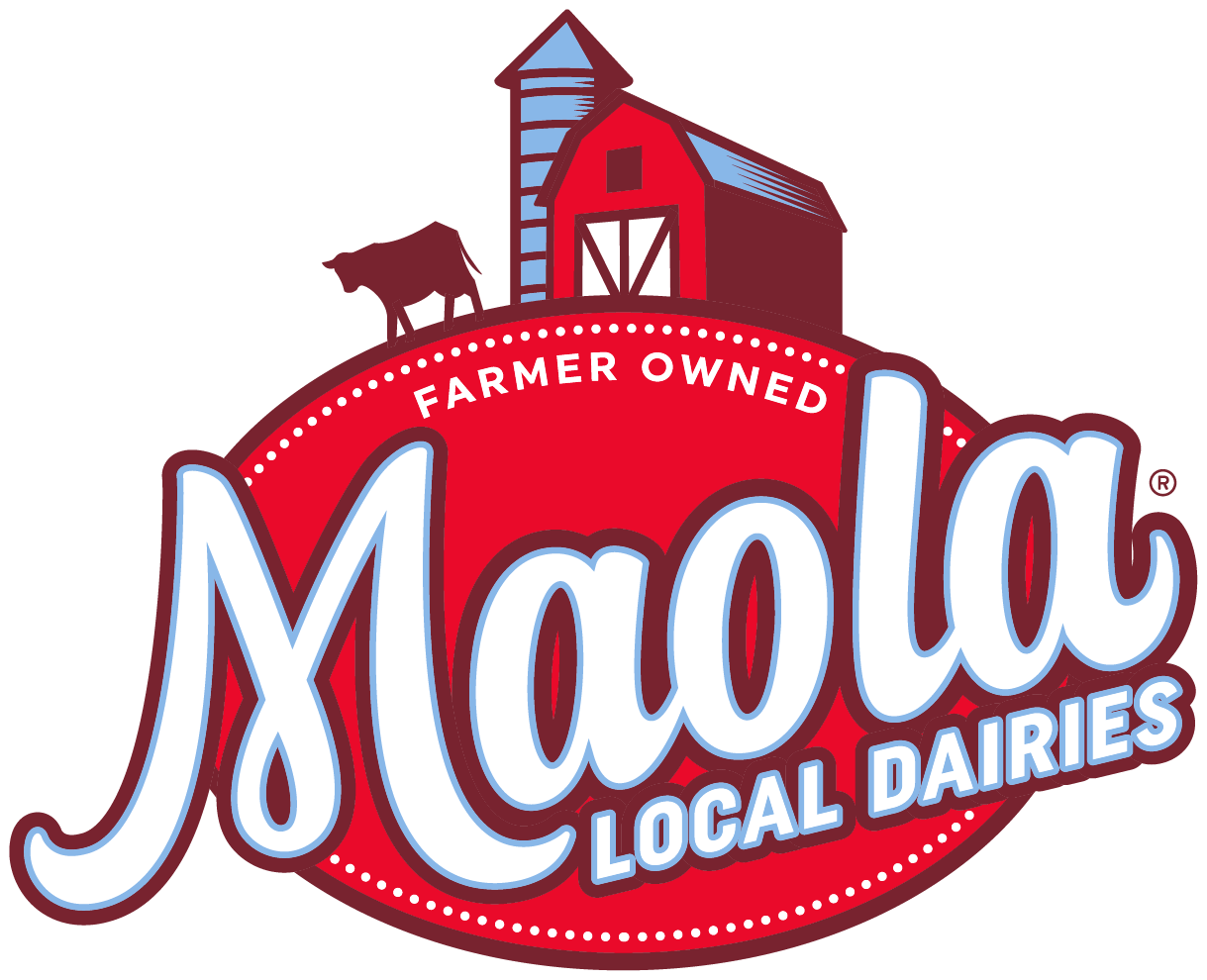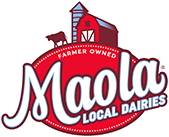
Sustainability Spotlight
How Does Manure Play a Part in Renewable Energy?
It’s no secret that after lazing about in the sun and grazing for most of the day, our Maola cows poop…but where does it all go, and how can we make sure we’re using it efficiently?
One of the most known uses for cow manure is fertilizer, to help produce crops and give soil the nutrients it needs. With the help of a manure digester, however, we can help turn cow waste into energy that helps power a farm. By separating manure into liquid, solids, and gas, each of these counterparts are able to be used in different ways as renewable energy to give back to a farm.
Maola family farm Penwood Farms is one such example: “We use the methane from the manure as gas to heat up water and power the dairy, as well as 40 other homes in the area. It also means that our kids are lucky enough to never run out of hot water for showers,” Andrea from Penwood Farms explains.
One of the benefits of using the methane for gas means that instead of it being released into the atmosphere, it ends up being used as renewable energy on some of our farms. Farms similar to Penwood Farms are displacing the other gas or fuels that would have normally been used to heat without the use of methane. This not only has double the impact on greenhouse gas savings, but is a great way to drive renewable energy!
Manure solids can also be used by drying and putting it through additional treatment and conditioning to be used as comfortable bedding for the cows. By increasing cow comfort with dry bedding, our Maola cows are happy to lie down and relax – and happy cows means healthy, nutritious milk!
Through this process of breaking down the manure into its three separate forms, we end up with a liquid fertilizer that is very nutrient-dense. This not only reduces the need for chemical fertilizers, but creates a cycle that allows us to keep giving back to the land. Using manure injections to help fertilize crops helps to ensure the manure that is used goes directly to the soil instead of potentially getting washed away by the rain or lost to the atmosphere. This has the added benefit of improved water quality in nearby waterways, as well as improved nutrient use efficiency on our farms.
With almost $20 million invested to date on implementing sustainable practices, many of our family farms have benefited from manure injection and a manure digester. This sustainable waste-to-resources system, as well as a range of other sustainable tools, helps not just the farms that produce your milk, but our wider community as well. Maola works every day to help position our farms for long-term sustainability by finding solutions – even as smelly as manure!

